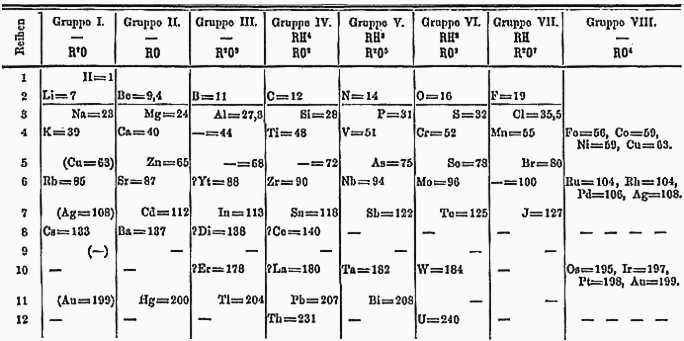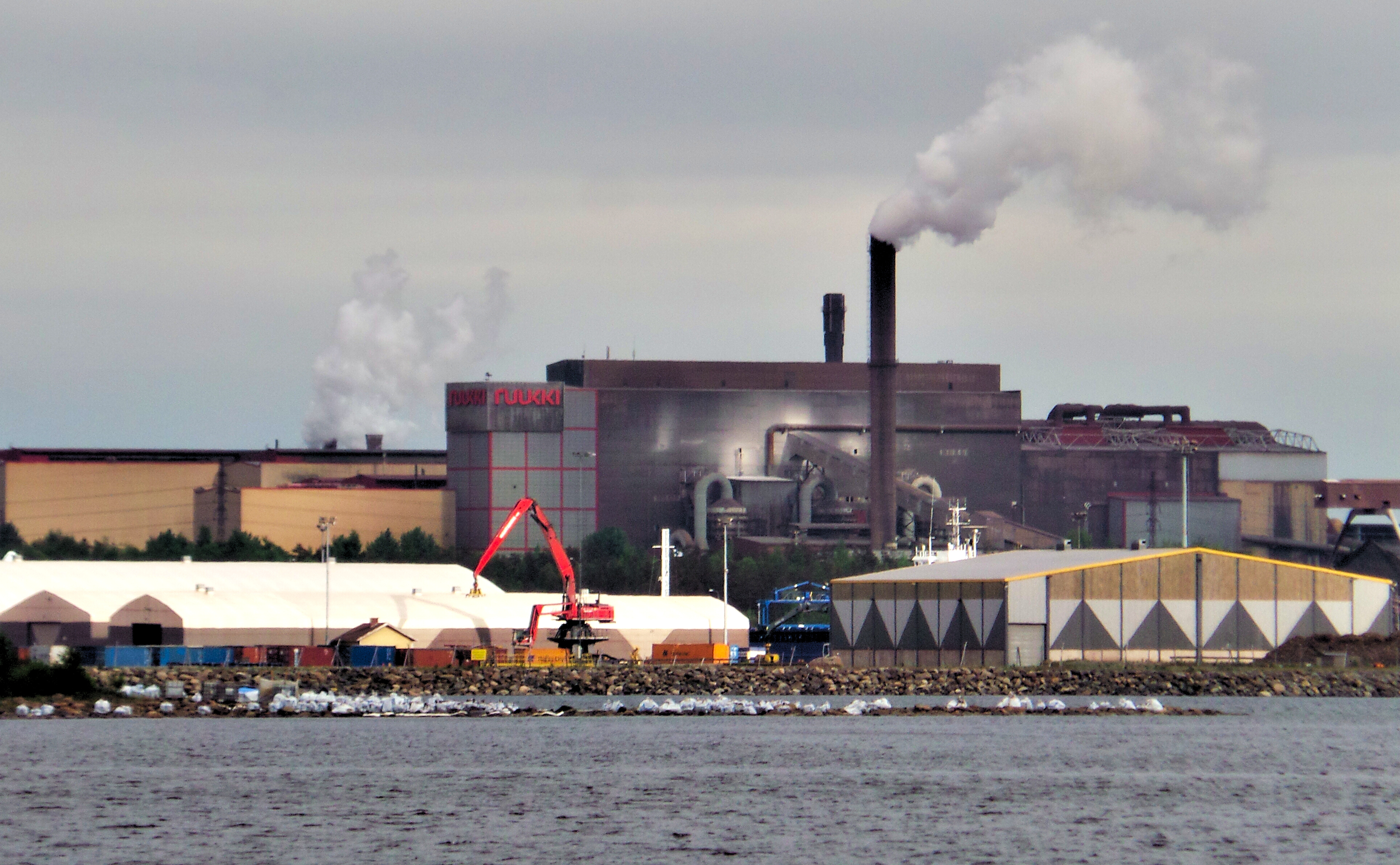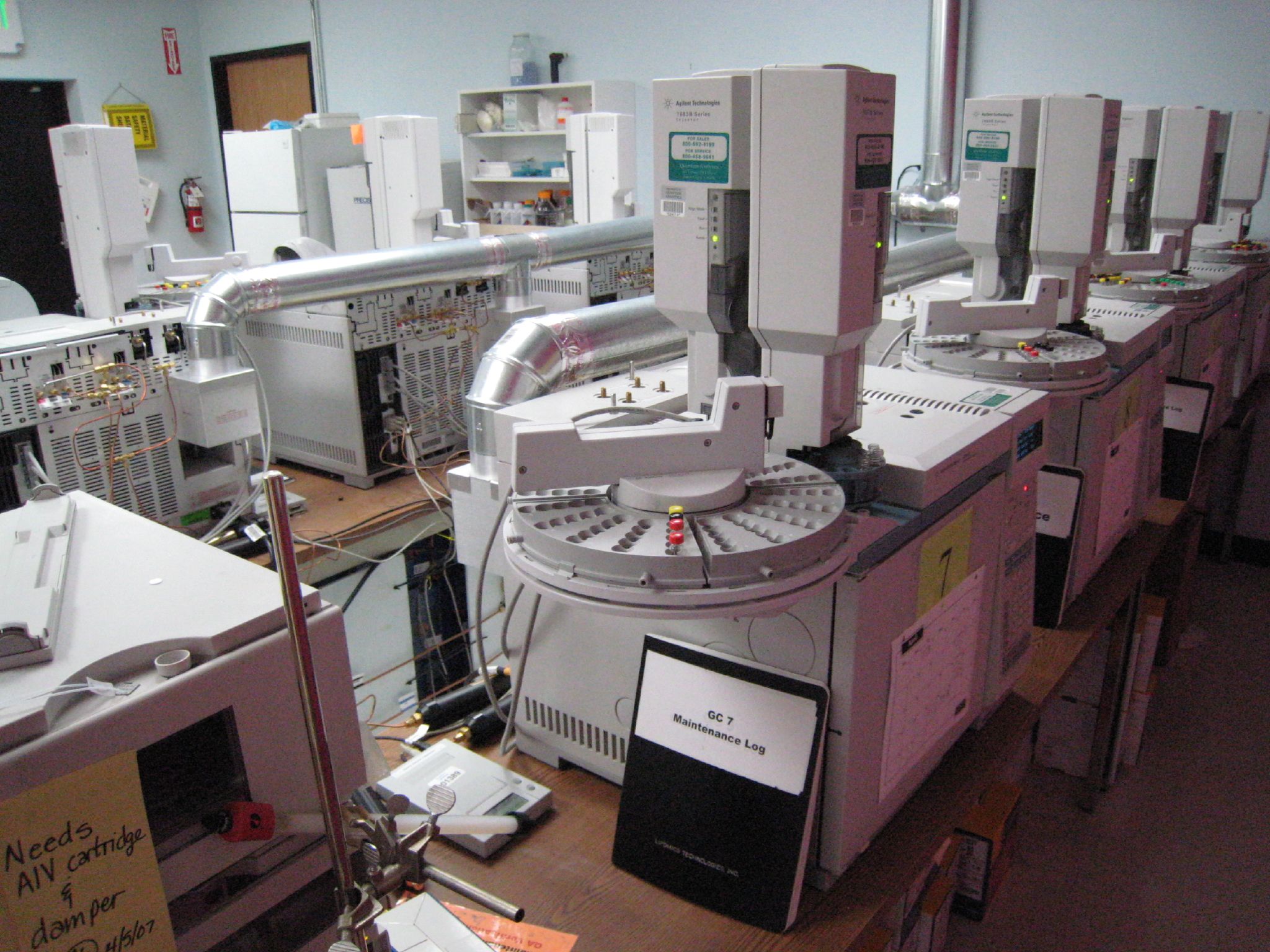|
Danish Chemical Society
The Danish Chemical Society () was founded in 1879. The nonprofit organization aims to advance the chemical sciences in Denmark. By 1 November 2003, there were approximately 870 members. The revenue received from membership fees is the primary source of funding for the society's activities. The society consists of divisions including the Danish Society of Molecular Spectroscopy, the Danish Society of the History of Chemistry, the Danish Society of Environmental Chemistry, the Division of Organic Chemistry, the Division of Theoretical Chemistry, the Division of Inorganic Chemistry and the Danish Society of Analytical Chemistry. The society has published articles in journals such as '' Acta Chemica Scandinavia'' and, since 2000, British journals including ''Dalton Transactions ''Dalton Transactions'' is a weekly peer-reviewed scientific journal covering original (primary) research and review articles on all aspects of the chemistry of inorganic, bioinorganic, and organometallic ... [...More Info...] [...Related Items...] OR: [Wikipedia] [Google] [Baidu] |
Nonprofit Organization
A nonprofit organization (NPO), also known as a nonbusiness entity, nonprofit institution, not-for-profit organization, or simply a nonprofit, is a non-governmental (private) legal entity organized and operated for a collective, public, or social benefit, as opposed to an entity that operates as a business aiming to generate a Profit (accounting), profit for its owners. A nonprofit organization is subject to the non-distribution constraint: any revenues that exceed expenses must be committed to the organization's purpose, not taken by private parties. Depending on the local laws, charities are regularly organized as non-profits. A host of organizations may be non-profit, including some political organizations, schools, hospitals, business associations, churches, foundations, social clubs, and consumer cooperatives. Nonprofit entities may seek approval from governments to be Tax exemption, tax-exempt, and some may also qualify to receive tax-deductible contributions, but an enti ... [...More Info...] [...Related Items...] OR: [Wikipedia] [Google] [Baidu] |
Denmark
Denmark is a Nordic countries, Nordic country in Northern Europe. It is the metropole and most populous constituent of the Kingdom of Denmark,, . also known as the Danish Realm, a constitutionally unitary state that includes the Autonomous administrative division, autonomous territories of the Faroe Islands and Greenland in the north Atlantic Ocean.* * * Metropolitan Denmark, also called "continental Denmark" or "Denmark proper", consists of the northern Jutland peninsula and an archipelago of 406 islands. It is the southernmost of the Scandinavian countries, lying southwest of Sweden, south of Norway, and north of Germany, with which it shares a short border. Denmark proper is situated between the North Sea to the west and the Baltic Sea to the east.The island of Bornholm is offset to the east of the rest of the country, in the Baltic Sea. The Kingdom of Denmark, including the Faroe Islands and Greenland, has roughly List of islands of Denmark, 1,400 islands greater than in ... [...More Info...] [...Related Items...] OR: [Wikipedia] [Google] [Baidu] |
Molecular Spectroscopy
Spectroscopy is the field of study that measures and interprets electromagnetic spectra. In narrower contexts, spectroscopy is the precise study of color as generalized from visible light to all bands of the electromagnetic spectrum. Spectroscopy, primarily in the electromagnetic spectrum, is a fundamental exploratory tool in the fields of astronomy, chemistry, materials science, and physics, allowing the composition, physical structure and electronic structure of matter to be investigated at the atomic, molecular and macro scale, and over astronomical distances. Historically, spectroscopy originated as the study of the wavelength dependence of the absorption by gas phase matter of visible light dispersed by a prism. Current applications of spectroscopy include biomedical spectroscopy in the areas of tissue analysis and medical imaging. Matter waves and acoustic waves can also be considered forms of radiative energy, and recently gravitational waves have been associated with ... [...More Info...] [...Related Items...] OR: [Wikipedia] [Google] [Baidu] |
History Of Chemistry
The history of chemistry represents a time span from ancient history to the present. By 1000 BC, civilizations used technologies that would eventually form the basis of the various branches of chemistry. Examples include the discovery of fire, extracting metals from ores, making pottery and glazes, fermenting beer and wine, extracting chemicals from plants for medicine and perfume, rendering fat into soap, making glass, and making alloys like bronze. The protoscience of chemistry, and alchemy, was unsuccessful in explaining the nature of matter and its transformations. However, by performing experiments and recording the results, alchemists set the stage for modern chemistry. The history of chemistry is intertwined with the history of thermodynamics, especially through the work of Willard Gibbs. Ancient history Early humans Fire Arguably the first chemical reaction used in a controlled manner was combustion, fire. However, for millennia fire was seen simply as a mystical ... [...More Info...] [...Related Items...] OR: [Wikipedia] [Google] [Baidu] |
Environmental Chemistry
Environmental chemistry is the scientific study of the chemical and biochemical phenomena that occur in natural places. It should not be confused with green chemistry, which seeks to reduce potential pollution at its source. It can be defined as the study of the sources, reactions, transport, effects, and fates of chemical species in the air, soil, and water environments; and the effect of human activity and biological activity on these. Environmental chemistry is an interdisciplinary science that includes atmospheric, aquatic and soil chemistry, as well as heavily relying on analytical chemistry and being related to environmental and other areas of science. Environmental chemistry involves first understanding how the uncontaminated environment works, which chemicals in what concentrations are present naturally, and with what effects. Without this it would be impossible to accurately study the effects humans have on the environment through the release of chemicals. Envir ... [...More Info...] [...Related Items...] OR: [Wikipedia] [Google] [Baidu] |
Organic Chemistry
Organic chemistry is a subdiscipline within chemistry involving the science, scientific study of the structure, properties, and reactions of organic compounds and organic matter, organic materials, i.e., matter in its various forms that contain carbon atoms.Clayden, J.; Greeves, N. and Warren, S. (2012) ''Organic Chemistry''. Oxford University Press. pp. 1–15. . Study of structure determines their structural formula. Study of properties includes Physical property, physical and Chemical property, chemical properties, and evaluation of Reactivity (chemistry), chemical reactivity to understand their behavior. The study of organic reactions includes the organic synthesis, chemical synthesis of natural products, drugs, and polymers, and study of individual organic molecules in the laboratory and via theoretical (in silico) study. The range of chemicals studied chemistry includes hydrocarbons (compounds containing only carbon and hydrogen) as well as compounds based on carbon, but a ... [...More Info...] [...Related Items...] OR: [Wikipedia] [Google] [Baidu] |
Theoretical Chemistry
Theoretical chemistry is the branch of chemistry which develops theoretical generalizations that are part of the theoretical arsenal of modern chemistry: for example, the concepts of chemical bonding, chemical reaction, valence, the surface of potential energy, molecular orbitals, orbital interactions, and molecule activation. Overview Theoretical chemistry unites principles and concepts common to all branches of chemistry. Within the framework of theoretical chemistry, there is a systematization of chemical laws, principles and rules, their refinement and detailing, the construction of a hierarchy. The central place in theoretical chemistry is occupied by the doctrine of the interconnection of the structure and properties of molecular systems. It uses mathematical and physical methods to explain the structures and dynamics of chemical systems and to correlate, understand, and predict their thermodynamic and kinetic properties. In the most general sense, it is explanation o ... [...More Info...] [...Related Items...] OR: [Wikipedia] [Google] [Baidu] |
Inorganic Chemistry
Inorganic chemistry deals with chemical synthesis, synthesis and behavior of inorganic compound, inorganic and organometallic chemistry, organometallic compounds. This field covers chemical compounds that are not carbon-based, which are the subjects of organic chemistry. The distinction between the two disciplines is far from absolute, as there is much overlap in the subdiscipline of organometallic chemistry. It has applications in every aspect of the chemical industry, including catalysis, materials science, pigments, surfactants, coatings, pharmaceutical drug, medications, fuels, and agriculture. Occurrence Many inorganic compounds are found in nature as minerals. Soil may contain iron sulfide as pyrite or calcium sulfate as gypsum. Inorganic compounds are also found multitasking as biomolecules: as electrolytes (sodium chloride), in energy storage (Adenosine triphosphate, ATP) or in construction (the polyphosphate backbone in DNA). Bonding Inorganic compounds exhibit a range ... [...More Info...] [...Related Items...] OR: [Wikipedia] [Google] [Baidu] |
Analytical Chemistry
Analytical skill, Analytical chemistry studies and uses instruments and methods to Separation process, separate, identify, and Quantification (science), quantify matter. In practice, separation, identification or quantification may constitute the entire analysis or be combined with another method. Separation isolates analytes. Qualitative inorganic analysis, Qualitative analysis identifies analytes, while Quantitative analysis (chemistry), quantitative analysis determines the numerical amount or concentration. Analytical chemistry consists of classical, wet chemistry, wet chemical methods and modern analytical techniques. Classical qualitative methods use separations such as Precipitation (chemistry), precipitation, Extraction (chemistry), extraction, and distillation. Identification may be based on differences in color, odor, melting point, boiling point, solubility, radioactivity or reactivity. Classical quantitative analysis uses mass or volume changes to quantify amount. Ins ... [...More Info...] [...Related Items...] OR: [Wikipedia] [Google] [Baidu] |
Acta Chemica Scandinavia
Acta or ACTA may refer to: Institutions * Anti-Counterfeiting Trade Agreement, an intellectual property trade agreement * Administrative Council for Terminal Attachments, a standards organization for terminal equipment such as registered jacks * Alameda Corridor Transportation Authority, in southern California * American Council of Trustees and Alumni, an education organization * Atlantic County Transportation Authority, a transportation agency in Atlantic County, New Jersey * Australian Community Television Alliance, an industry association representing community television licensees in Australia Science and technology * Acta, the transactions (proceedings) of an academic field, a learned society, or an academic conference * Acta (software), early outliner software * Activin A, mammalian protein * ACTA1, actin alpha 1 (skeletal muscle), human protein * ACTA2, actin alpha 2 (smooth muscle), human protein * Actin assembly-inducing protein, motility protein in the bacterium ''Listeri ... [...More Info...] [...Related Items...] OR: [Wikipedia] [Google] [Baidu] |
Dalton Transactions
''Dalton Transactions'' is a weekly peer-reviewed scientific journal covering original (primary) research and review articles on all aspects of the chemistry of inorganic, bioinorganic, and organometallic compounds. It is published by the Royal Society of Chemistry and the editor-in-chief is Russell Morris (University of St Andrews). The journal was named after the English chemist, John Dalton, best known for his work on modern atomic theory. The journal was named a "rising star" in 2006. Publication history The journal was established as the ''Journal of the Chemical Society A: Inorganic, Physical, Theoretical'' in 1966. In 1972, the journal was divided into three separate journals: ''Journal of the Chemical Society, Dalton Transactions'' (covering inorganic and organometallic chemistry), '' Journal of the Chemical Society, Faraday Transactions 1: Physical Chemistry in Condensed Phases'', and '' Journal of the Chemical Society, Faraday Transactions 2: Molecular and Chemical Ph ... [...More Info...] [...Related Items...] OR: [Wikipedia] [Google] [Baidu] |
Perkin Transactions
Perkin Transactions is a scientific journal devoted to organic chemistry published from 1997 to 2002 by the Royal Society of Chemistry. It was split into ''Perkin Transactions I'' and ''Perkin Transactions II''. The predecessor journals published by the Chemical Society before the merger of that Society with other Societies to form the Royal Society of Chemistry were the '' Journal of the Chemical Society, Perkin Transactions 1'' and ''Journal of the Chemical Society, Perkin Transactions 2'' (1972-1996). They were replaced by ''Organic and Biomolecular Chemistry''. The name honours the chemist Arthur George Perkin. See also * List of scientific journals in chemistry * List of scientific journals External links * Royal Society of Chemistry'Website for Perkin 1* Royal Society of Chemistry The Royal Society of Chemistry (RSC) is a learned society and professional association in the United Kingdom with the goal of "advancing the chemistry, chemical sciences". It was formed in 19 ... [...More Info...] [...Related Items...] OR: [Wikipedia] [Google] [Baidu] |




